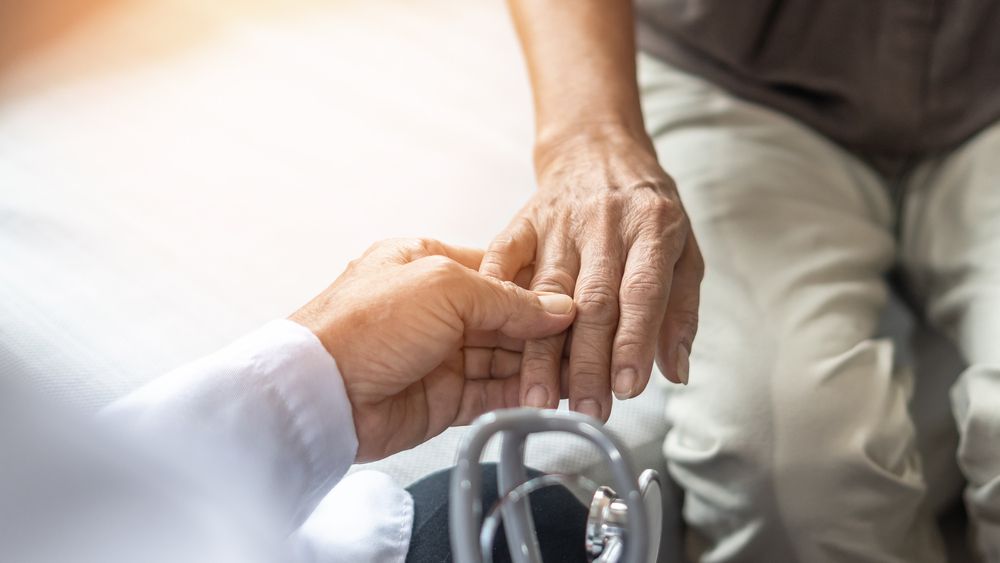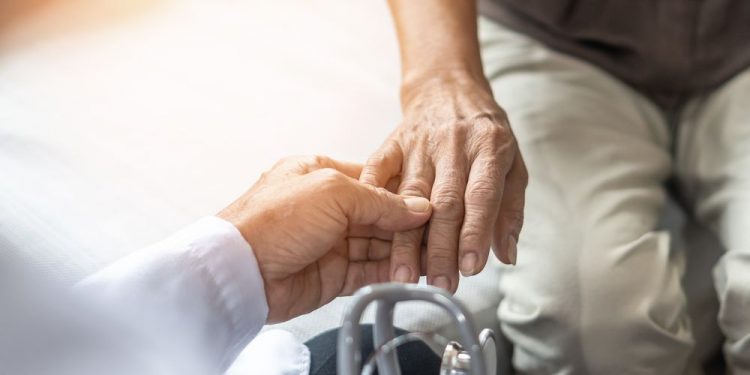During a stroke, part of the brain gets cut off from its supply of blood. Without that oxygen and nutrients, the cells in the affected area die and their function is disrupted. This affects a person’s ability to think, move, speak and see. This is because different parts of the brain control these functions. It can also cause a loss of sensation and balance or coordination issues (ataxia).
The symptoms of a stroke depend on the part of the brain that is affected. They often begin suddenly and may last for a few minutes or up to a few hours. They can be mild or severe and affect one side of the body more than the other. A person may have a headache or feel dizzy or clumsy. Other common symptoms are loss of vision, a numb or painful feeling in the affected limb or trouble speaking (aphasia).
It’s important to recognize and act on potential stroke symptoms as soon as possible. It can help prevent long-term problems and reduce the chance of a second stroke. Call triple zero if you spot these symptoms.
Stroke is a medical emergency, and the more time that passes before treatment is received, the more damage is caused to the brain. This is why it’s important to know the F.A.S.T. test – Face (has the person’s mouth or eye drooped?), Arms (can they lift them?) and Speech (is their speech slurred or difficult to understand?)
A TIA is similar to a full stroke but the symptoms are temporary. They usually disappear within a few hours, as the blockage clears and blood flow is restored. Medications that dissolve clots (thrombolytic drugs) can be used within the first three hours to help prevent future clots and reduce the risk of complications.

There are things you can do to lower your risk of having a stroke, including eating well, staying physically active and quitting smoking. A health care provider can offer advice, support and resources that will help you make these healthy lifestyle changes.
Other ways to prevent a stroke include maintaining a healthy weight, managing chronic conditions such as high blood pressure and diabetes and not drinking too much alcohol. Getting regular checkups and seeing your doctor for any concerns is also helpful.
A quality rehabilitation program is important after a stroke. It can help you learn to do your daily activities again and find new ways to do them. A physiotherapist can help you improve your strength and balance. An occupational therapist can teach you how to use your arms and hands, and how to move your body in ways that will reduce pain or discomfort. And an experienced psychologist can help you work through any emotional issues you might have. You can access these services in a clinic, skilled nursing home or at home. You can search for a health care provider who offers these services in your area using our FindCare tool.









